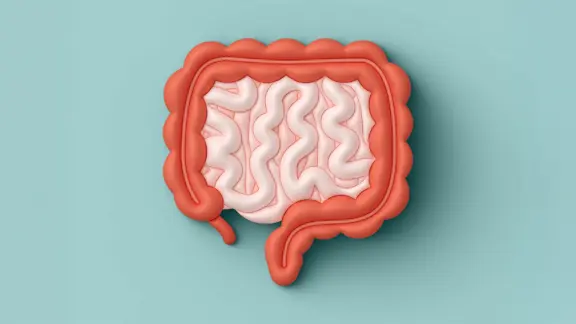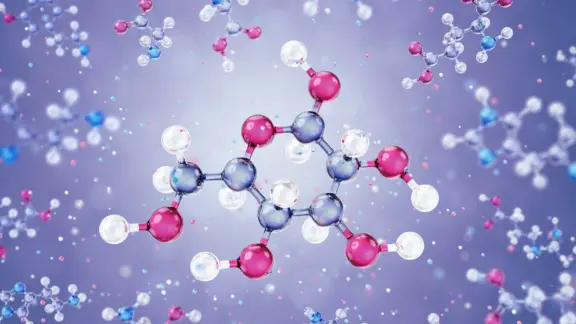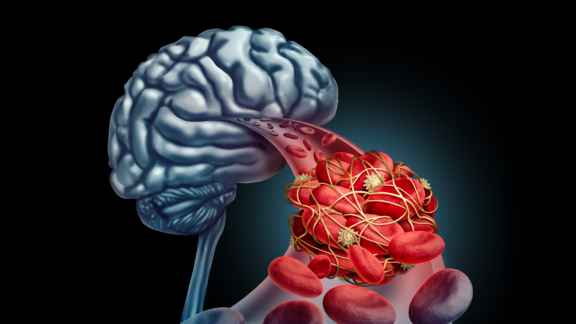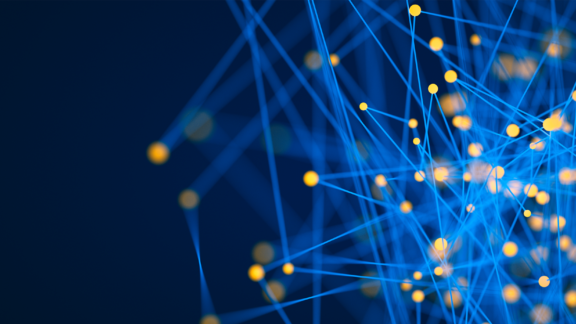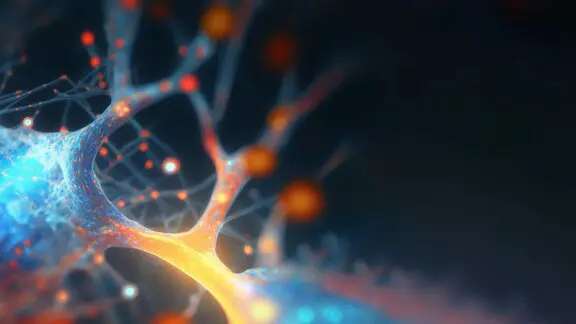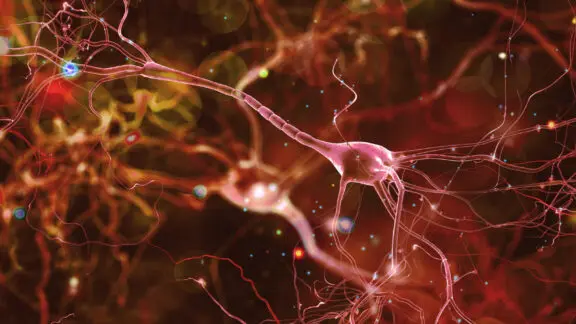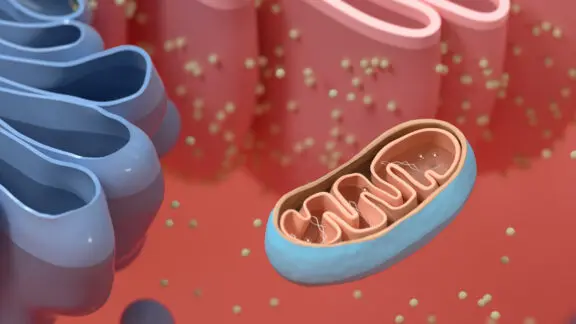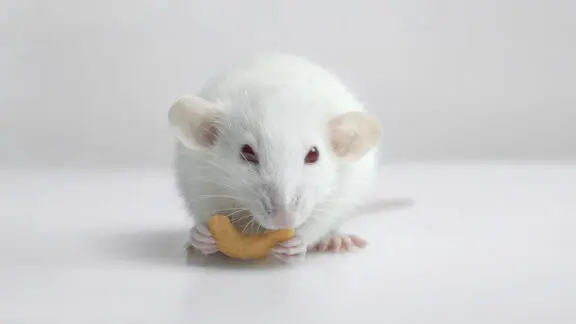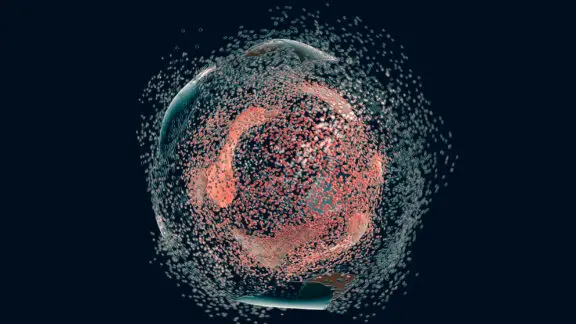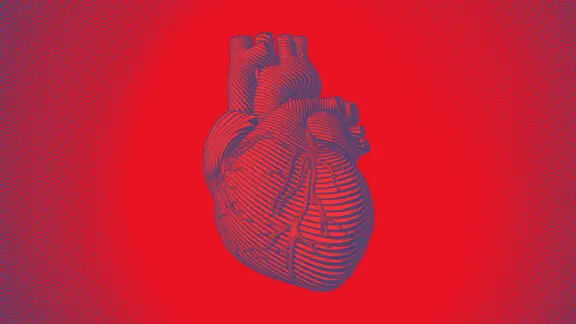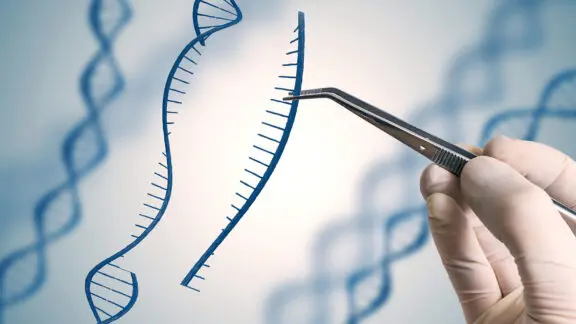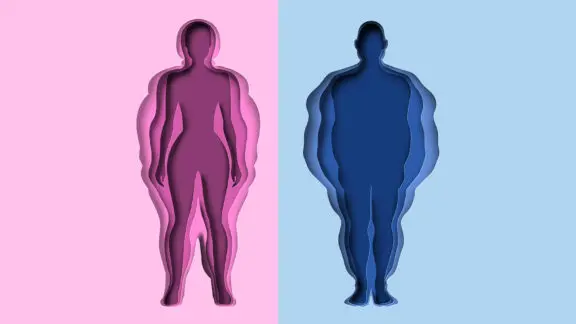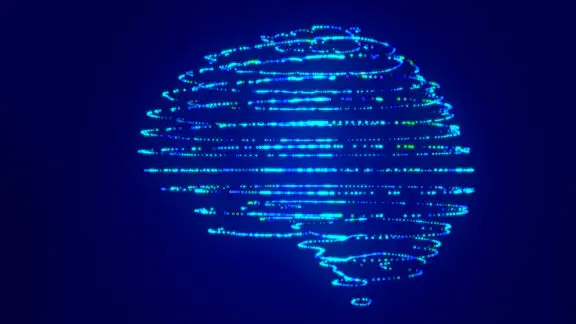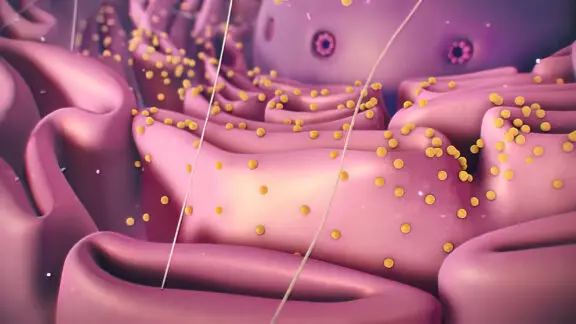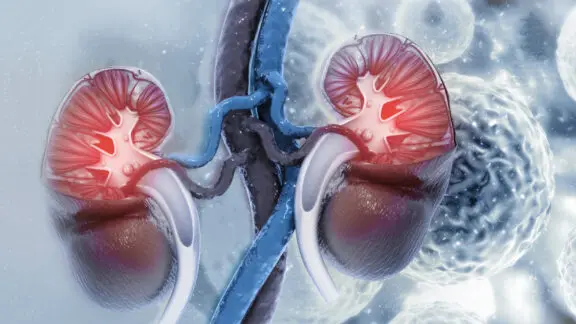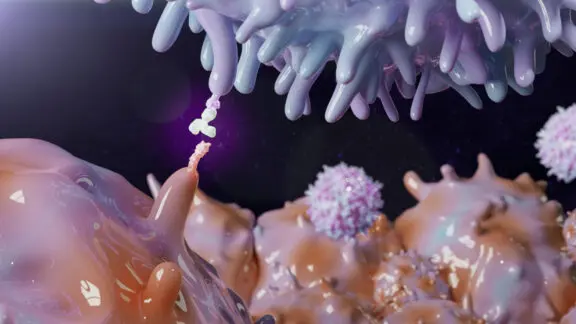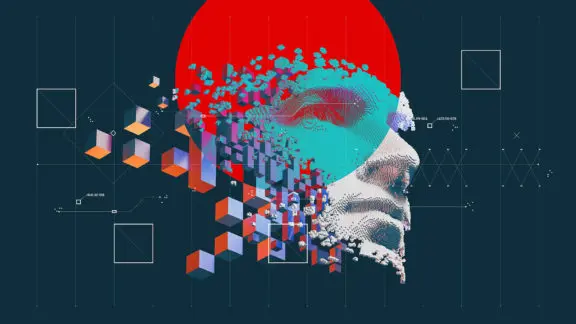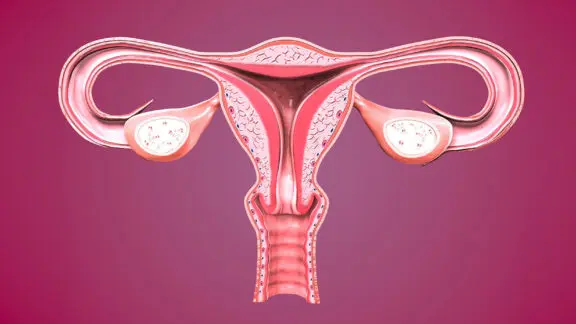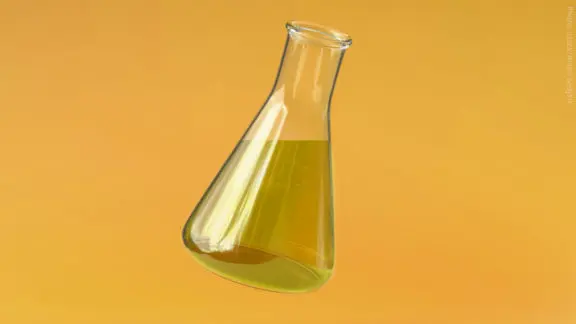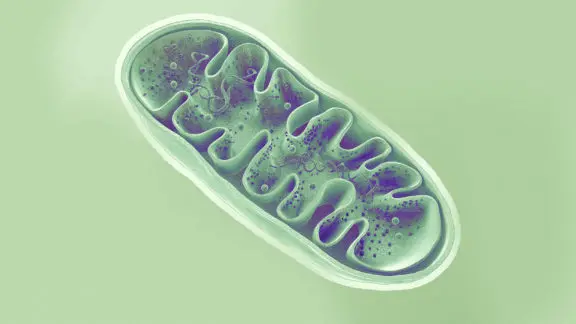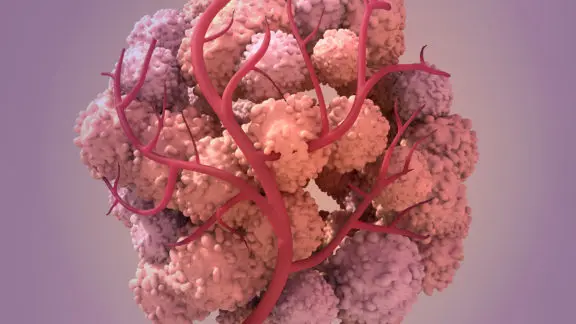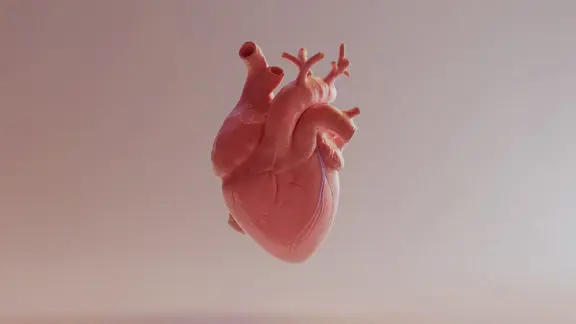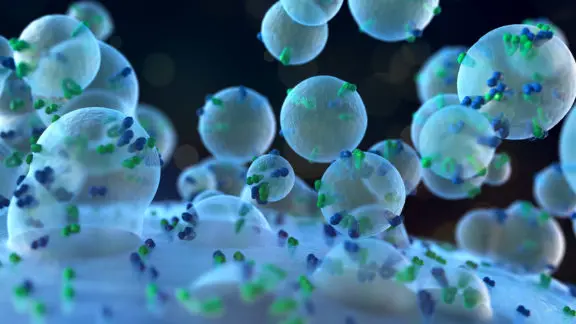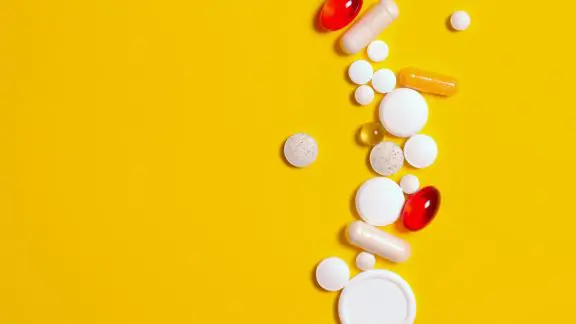Articles & Webinars
A cell contains thousands of lipids. Lipidomics reports the precise lipid composition of a sample to fuel research and progress in all biology related fields.
Lipid droplets and their lipid content are crucial for the healthy functioning of the organism.
Lipidomics helps researchers cover aspects from fundamental processes to applications to disease development and treatment.
The lipid composition of exosomes affects their stability in the gastrointestinal tract which is essential for treating colitis.
Lipid profiles of adipose tissue, muscle, and liver and glucose blood level in fasting mice.

Identify and quantify thousands of lipids with Lipotype Lipidomics.
Metabolic damage caused by obesity can be limited by targeting a sphingolipid metabolism enzyme.
The role of lipid metabolism in post-stroke inflammation development and resolution.
WGCNA may be useful for condensing all the lipid species into a few modules that can be linked to clinical traits.
Lipid analysis helps to discover lipid species affecting the differentiation of human skin stem cells.

Analyze organelles,
skin, blood and more
with Lipotype
Lipidomics.
Lipidomics helps researchers cover aspects from fundamental processes to applications to disease development and treatment.
Lipid analysis is helpful in research and medical applications of neuroscience in health and disease.
Multi-micronutrient supplementation influences levels of phospholipids, lysophospholipids, and cholesterol esters in blood plasma.
Try OPLS-DA when a PCA score plot cannot tell differences between different sample groups.

Get your data in as
little as two weeks
with Lipotype Lipidomics.
The structural flexibility of lipids affects their migration into lipid droplets.
Enrichment analysis helps to identify the most prominent features in lipidomics datasets.
Camelina, flax, and hemp oils lipidomics.
Researchers developed a method to quantify the full ganglioside lipidome in CNS during various developmental stages.

Lipotype Lipidomics requires only minimal sample amounts per analysis.
Imputation helps to deal with missing values in lipidomics datasets.
Knowledge about statistical and data analysis methods tailored for lipid data is key to successful lipidomics studies.
TANGO2 plays a role in lipid metabolism and affects cellular organization during starvation.
Phosphoinositide lipids show area-specific distribution in the rods of a mouse retina.

Lipotype Lipidomics is offered in 75+ countries.
Age-related gut microbiome changes are reflected in serum lipidome.
Lipidomics analysis of stratum corneum is essential in dermatology research and product development.
Cardiovascular diseases are linked to changes in lipid metabolism. Lipidomics helps assess cardiovascular disease risk.
Lipidomics analysis supports the preparation and analysis of nano plasma membrane vesicles (nPMVs).

Lipotype Lipidomics is robust, reproducible, and GxP compliant.
PUFAs coming from diet incorporate into the plasma membrane and affect its biophysical properties.
Skin health and disease is closely related to lipid composition and function in different skin structures.
A glycerol/petrolatum-based emollient cream improves ceramide balance and strengthens the skin barrier function.
Conjugated linoleates can act as ferroptosis inducers by promoting lipid peroxidation and cancer cell death.

Leverage decades of lipids biology expertise with Lipotype.
Lipidomics analysis of blood plasma helps to predict and differentiate various cardiovascular diseases.
CRISPR/Cas9-based gene knockouts allow for a better understanding of lipid metabolic pathways.
Lipid profiling differentiates between metabolically healthy and unhealthy obesity.
Regulating fatty acid metabolism using lipases could be beneficial in Parkinson’s disease treatment.

Lipotype Lipidomics covers more than 100 distinct lipid classes.
Lipidomics risk score allows to accurately measure the risk of diabetes and cardiovascular disease development
Temperature conditions affect the lipid composition of giant plasma membrane vesicles obtained from cells.
Endoplasmic reticulum stress is a process that is involved in the development of many diseases.
Plasma lipidomics analysis is a promising tool for a differential diagnosis of various atherosclerosis-related vascular diseases.
Modifying dietary fatty acids composition may protect the kidney in patients with diabetes.
Failure of regeneration capacity limits the restoration of nervous system functionality in demyelinating diseases.
Application of a moisturizing body lotion to dry skin improves barrier properties and alters ceramide profile and skin microbiome.
The plasma membrane is the interface between a cell and its environment. Its processing tasks must be tightly regulated.
Remyelination requires orchestrated lipid droplets formation and cholesterol esterification by microglia.
Activation of LXR in T helper cells alters lipid metabolism, reduces membrane order, and modifies the immune response.
Dysmetabolism is rapidly spreading worldwide, giving rise to obesity and other diseases. Yet, there is no diagnostic test.
Multiomics analyses of well-studied diseases can reveal molecular pathways, identify biomarkers, and improve predictive models.
Direct analysis of tissue biopsies could be in a better position to elucidate pathophysiological mechanisms than liquid biopsies.
LDLR expression influences ovarian cancer cells’ lipid profiles and sensitivity to platinum-based chemotherapy.
Yeast is a powerful model system for cell and molecular biology research. What should be considered when conducting yeast lipidomics?
The mtUPR in yeast exhibits an initial increase in protein import, which is accompanied by cardiolipin synthesis and remodeling.
Yeast adapts to the absence of phosphatidylcholine by changing lipid composition to restore membrane fluidity.
The amount and complexity of lipidomics data sets can be intimidating initially – but this does not need to be the case.
The plasma lipidome in anorexia patients before and after refeeding therapy exhibits dysregulated lipid metabolism.
The plasma lipid profile depends on meal timing and composition and is associated with insulin sensitivity.
Cohort studies frequently rely on omics technologies but benefit only if the data are of high quality and reproducible.
The enzyme PTPMT1, which synthesizes the mitochondrial lipid cardiolipin, helps cancer cells adapt to hypoxia.
The detailed mouse lipidomics atlas facilitates experimental design and interpretation in mouse studies.
Multiomics analyses with lipidomics reveal molecular pathways in Alzheimer’s disease to improve predictive power.
Metabolic indicators in the plasma lipidome can classify obesity status more accurately than standard metrics.
The obesity pandemic threatens lipid metabolism homeostasis which is vital for health. The return of lipids can combat this.
Skin lipid composition impacts skin health and can be studied via lipidomics but sex, age and, sample depth affect the data.
Heart failure changes lipid metabolism in cardiac tissue of mice. The altered lipid profile can be confirmed in human plasma.
Combined transcriptomic, proteomic, lipidomic, & metabolomic analyses can characterize the molecular basis of diabetes.
Exosomes may be useful for targeted drug delivery. Proteomic & lipidomic characterization are required for this goal.
Breast cancer phospholipid metabolism is a powerful target for new therapies, especially against triple-negative breast cancer.
The brain of mammals is the second-most lipid-rich organ. Lipid analysis of neural cells helps understand its complex structure.
Diagnosing multiple sclerosis is difficult. Lipid markers can support diagnosis and treatment of the neuroinflammatory disease.
A population health study examined the relationships between genotypes, the plasma lipidome, and cardiovascular diseases.
Skin biology is central to develop reliable moisturizers, but molecular analysis of the skin has been lacking.
The development of new antibiotics alone is not believed to stop multi resistant bacteria. A new strategy is emerging.
Adjuvants are added to vaccines to boost their efficiency, but the underlying molecular mechanisms used to be poorly understood.
Happy Researchers, Happy Life!
But they can tell you more. Access the Lipidomics Resource Center to study all publications with Lipotype technology.


